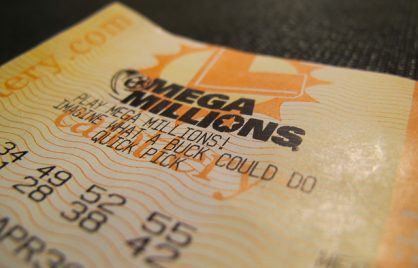R. Paul Wilson On: The Put and Take Scam
Editor’s Note: In this article, our scams and cheating expert explains how to trick someone in the classic game of Put and Take.
Imagine falling for a scam, then paying for the secret and falling for the same scam again but losing much more money the second time. The “Put and Take Top” swindle is an ingenious example of how a simple (crooked) device can be employed to hook a sucker and take him twice.
How the Put and Take game works
Put and Take is a real game. You can buy honest dice and un-gaffed spinning tops that will guarantee fair play but I’m personally unsure whether it began life as a scam or a legitimate game.
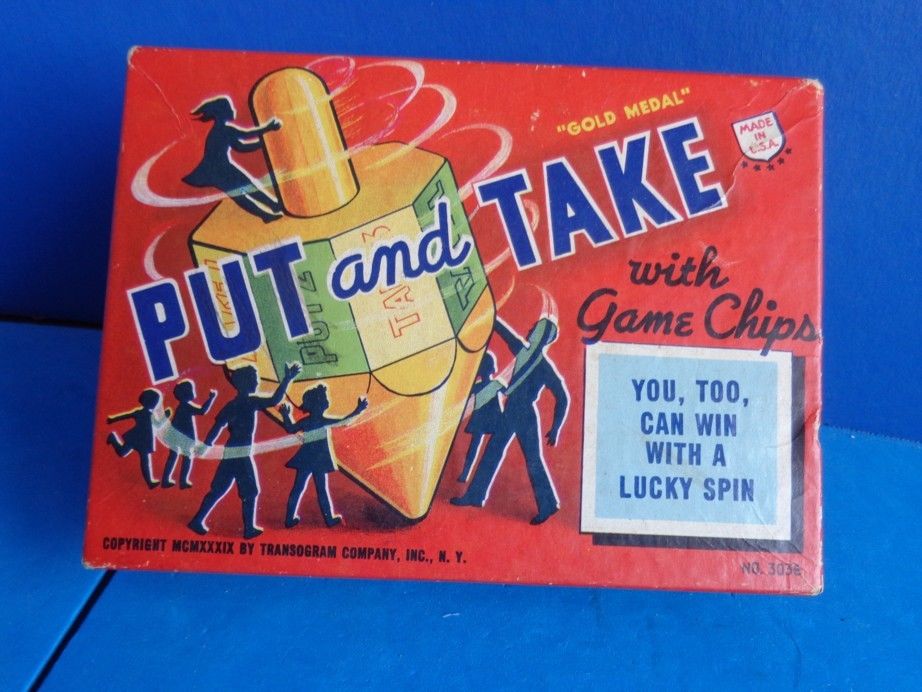
It’s such a perfect set-up for con artists, it’s hard not to assume they came up with the whole thing or that honest versions simply appeared over time as a natural evolution of the game’s success.
The game is typically played with a small spinning top, similar to a dreidel with a varying number of sides. The top is spun and the uppermost side dictates how much the player must add or remove from the pot.
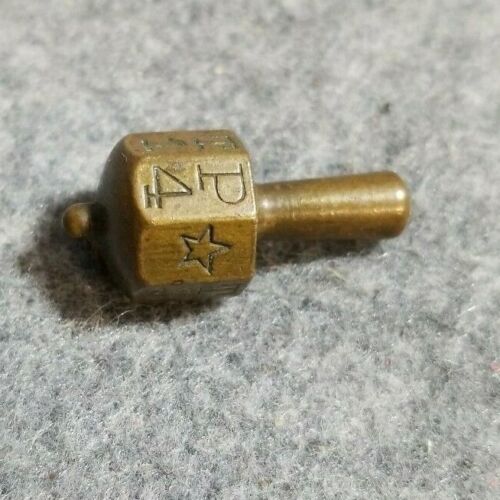
Each player tosses a dollar into the pot, then the top is passed to the first player to spin.
If P2 lands uppermost, the player must PUT two more dollars into the pot and pass the top to the next player.
If T2 comes up, the player can remove two dollars before passing the top.
The numbers vary, but in most versions, there is also a TA and PA side to consider.
TA is a jackpot – take all of the money from the pot!
The other players must then ante-up another dollar to restart the game before the top is passed to the next player.
PA is a hard hit on the player; they have to PUT an amount equal to what’s already in the pot.
This doubles the size of the pot.
The game is hundreds of years old and was originally called a “Teetotum” with similar rules to those described above. With an honest top, the game plays well and is both fun and exciting. Versions exist with two dice, one with “P” and “T” on three sides each, the other with numbers, a “P” and an “A”; you roll both dice and do what they tell you.
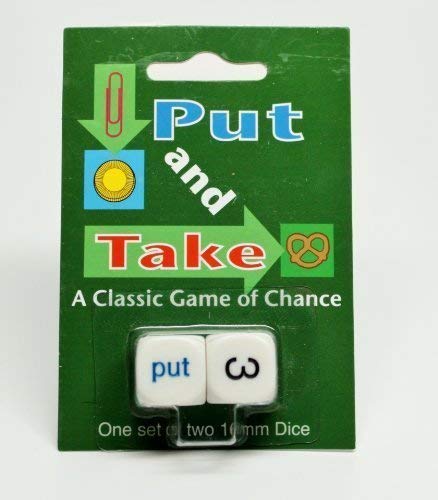
So that’s the game but how can it be cheated? Answer: with a crooked top
There are several variations on the crooked P&T top.
The edges of each side are shaved at an angle to guarantee a TAKE when the top is spun in one direction. Put simply, the top will roll off of a PUT onto the next available side, which is usually a TAKE.
So imagine having a game you can play fairly most of the time or win whenever desired, simply by spinning the top in the opposite direction!
It’s really as simple as that and having played the game myself, it’s amazing how easy it is when several players are involved.
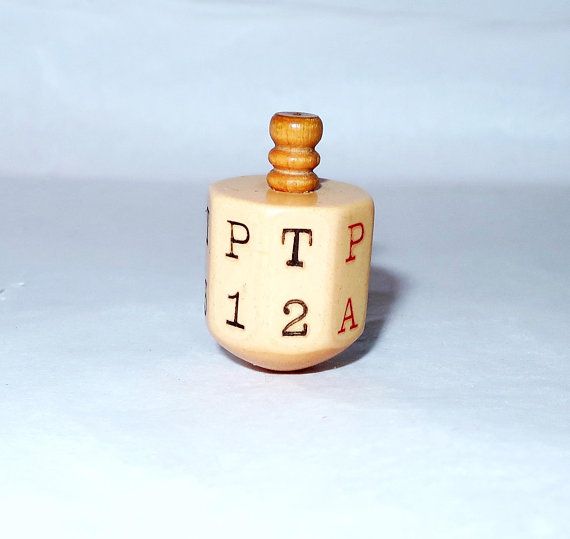
The usual strategy is to win a few then play legit for a while, then take some more until you’ve skimmed the game for enough to make the scam worthwhile. As the top is passed, people win and lose to varying degrees so when the cheater wins it is hardly noticed unless he overplays his advantage and takes every time.
Later, the cheater switches the gaffed top for an un-gaffed duplicate and lets the game finish on its own.
In the movie The Grifters, John Cusack’s character “finds” a die on the floor of a train and uses it to start a game with a bunch of sailors, illustrating how a cheater might introduce the spinning top to a group of strangers before suggesting they get some action going.
But there’s more to this than meets the eye.
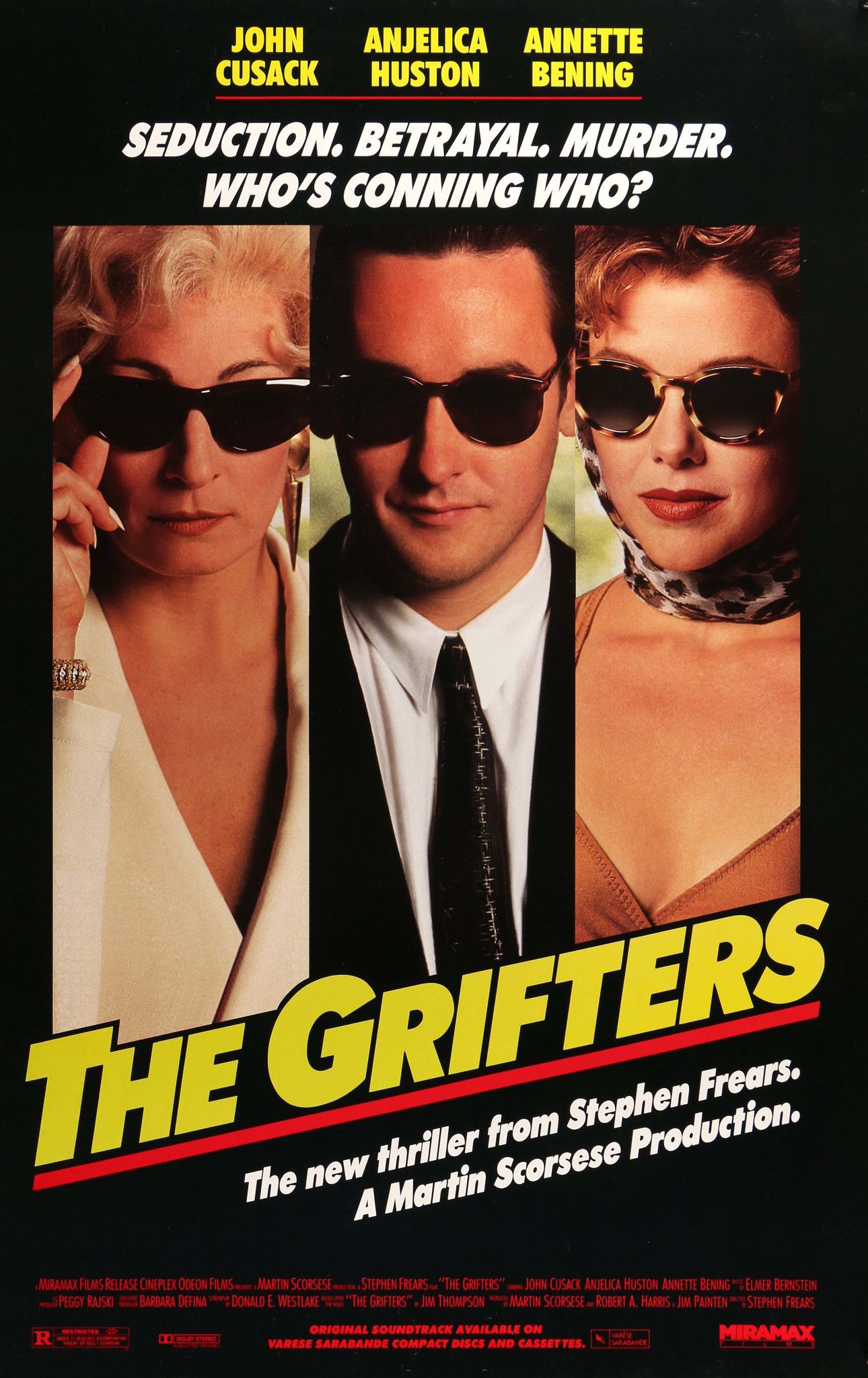
The Put & Take scam in action
The Put and Take scam turns a simple swindle into an ingenious con game.
It begins with a hustler befriending the owner of a bar, restaurant or local business and ingratiating himself into a regular card game.
During the game, he introduces the top and proposes a series of side bets based on pots being played in the card game. Like the basic P&T game, players can add money, take it away, win it all or be required to double the pot depending on the spin of a tiny plastic top.
As the game goes on, the hustler skims a fair amount from the game and as it wraps up, proposes they play a few rounds with just the top. Later, once the other players leave, the hustler confesses to his mark that the top is gaffed and shows him how spinning one way is a fair roll but spinning the other way guarantees a win. He claims to feel bad because he was winning even when he span it the “honest way” so offers to sell it to the mark so he can use it himself!
If the mark bites, the hustler knows he has a real fish on the line.
He teaches him how to use the P&T top, takes even more of his money in return for the top and leaves, never to return.
Over the following weeks and months, the mark uses the top to skim his own game or play with customers over the bar or after dinner, which is when the second hustler appears to double-down on the scam.
Just as his partner had befriended the mark, the second hustler positions himself as a friendly traveler or visitor and waits for the mark to propose a game with his gaffed Put and Take spinning top.
The second hustler accepts but is only interested in playing for “real money” and suggests playing for much higher amounts than the mark is used to. Naturally, with the seemingly magical little spinning top on his side, the mark almost never hesitates to take the second hustler’s money.
Needless to say, it doesn’t go well for the mark.
In short order, the hustler fleeces him for hundreds or thousands of dollars before noticing something wrong with the mark’s spinning top.
“Hey – is this thing crooked?” he says, then accuses the mark of cheating!
The hustler just ripped the mark for his entire bankroll and then put him on the spot for trying to cheat the hustler; which he DID! In the good/bad old days of road hustlers and grifters, they would soon lean on the mark to pay compensation for trying to cheat an “honest” customer!
But how did the second hustler beat the mark with his own spinning top?
The answer is as simple as it is sneaky: he switched it for an identical top made to win by spinning in the opposite direction!
The mark therefore tries to cheat the hustler by spinning it the wrong way.
Before leaving with all of the mark’s money, the hustler switches the top again; this time for an honest top with no gaffed edges, leaving no evidence that might later be used to prosecute the two con artists.
The lesson
This was played in a different era but still pops up from time to time in private poker games, cruise ships, bars and restaurants. Whether or not anyone is playing the full scam I can’t be certain, though the principles of this con game have been applied as recently as the surge in Bitcoin.
Whether it’s a spinning top, a pair of dice or a piece of software, the lesson remains the same: don’t play someone for money at their own game.
Come back in two weeks, when R. Paul Wilson will be telling the story of one of the greatest con artists of all time: Count Victor Lustig.


